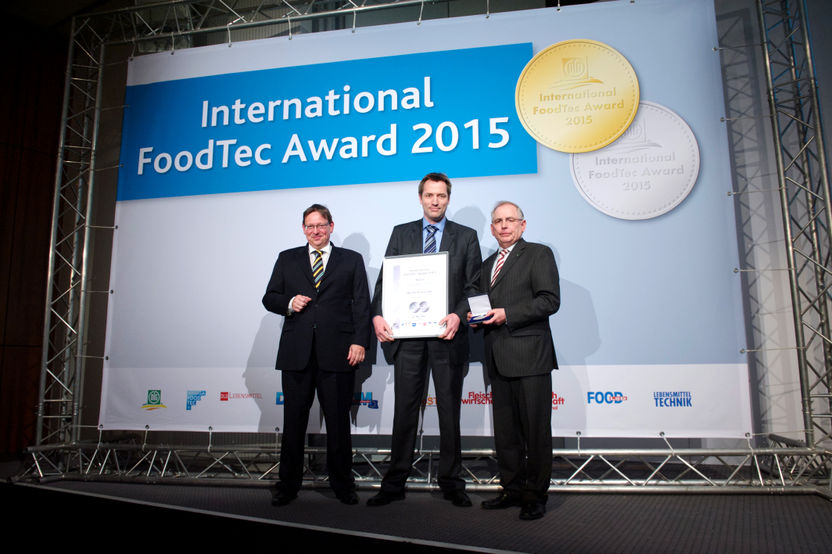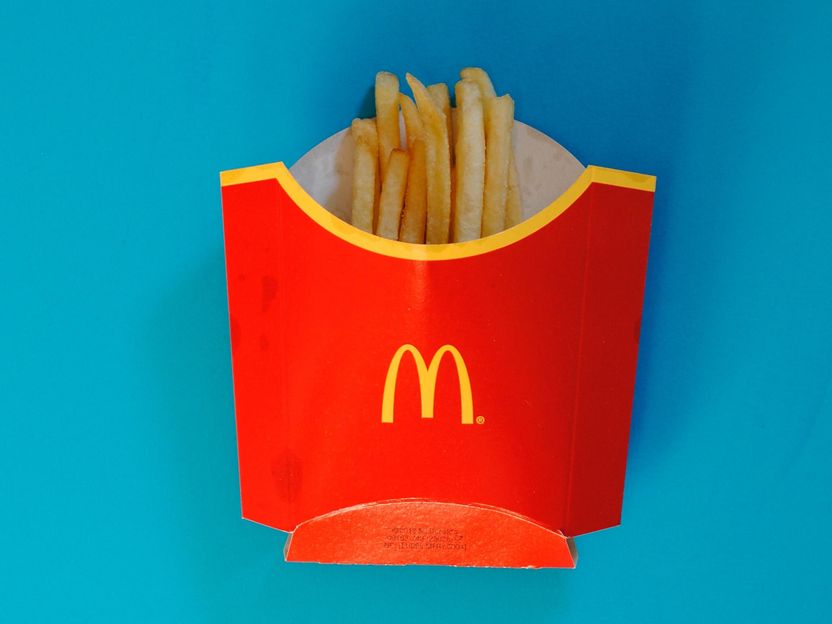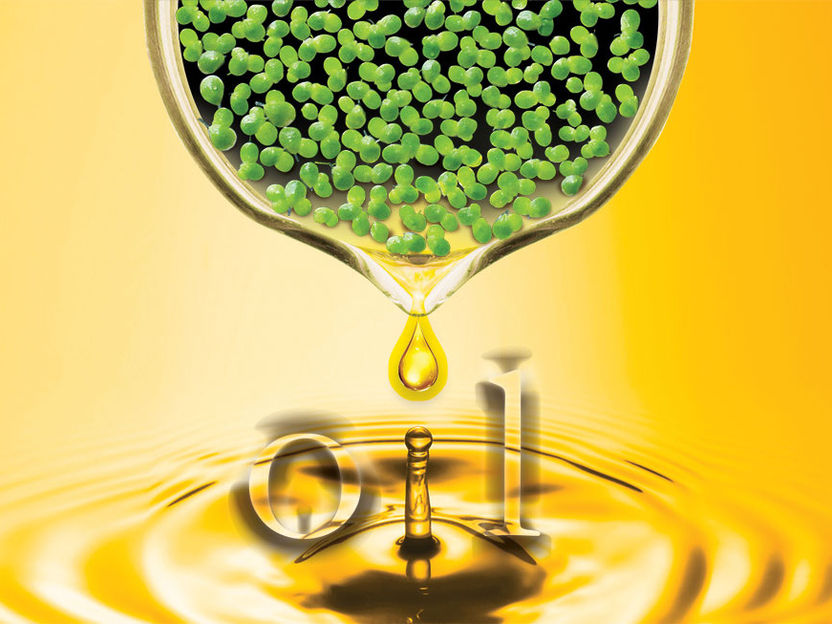Meat labelling is misleading in many EU states, report says
Many European shoppers are being misled over the contents of meat-based products, a consumer group warned Wednesday, calling for stricter labelling and better checks in the wake of a 2013 scandal involving undeclared horse meat in foods.
At the time, it had emerged that supermarket dishes sold in several EU states, such as ready-made hamburgers and lasagna, contained horse meat but were not labelled as such.
The European Consumer Organisation said Wednesday that food labelling on meat products is often incomplete or confusing or might list a different type of meat from the one contained in the dish after drawing on findings from seven EU countries.
"With the 2013 horse meat scandal still fresh in many minds, European consumers should be able to trust the labels on the meat they buy," the organization said in a report compiling the data from national consumer groups.
Investigations were carried out from April 2014 to August 2015 by Altroconsumo in Italy, Dutch organization Consumentenbond, DECO in Portugal, dTest in Poland, the Spanish consumer group OCU, Belgium's Test-Achats and the British organization Which.
"Results showed a large number of discrepancies - and in some cases vast differences - between what the labels said and what the products were actually made of," European Consumer Organisation said.
Some of the tested dishes contained less meat than advertised or an undeclared addition of water while the product name had been subtly changed in some cases to circumvent rules restricting the inclusion of additives.
In one instance, testers in the Netherlands found that what appeared to be a single piece of meat actually consisted of different bits patched together. In ready meals, manufacturers are not compelled to specify this on the label, the organization noted.
In Britain, 40 per cent of tested lamb takeaways, such as curries or kebabs, contained other meats such as beef or chicken, the report said, noting that some of the sampled dishes contained no lamb whatsoever.
The organization called on authorities in the European Union to improve their food labelling checks, clarify legal definitions on what can be added to meat-based products and do more to detect and punish fraud.
Most read news
Other news from the department business & finance

Get the food & beverage industry in your inbox
By submitting this form you agree that LUMITOS AG will send you the newsletter(s) selected above by email. Your data will not be passed on to third parties. Your data will be stored and processed in accordance with our data protection regulations. LUMITOS may contact you by email for the purpose of advertising or market and opinion surveys. You can revoke your consent at any time without giving reasons to LUMITOS AG, Ernst-Augustin-Str. 2, 12489 Berlin, Germany or by e-mail at revoke@lumitos.com with effect for the future. In addition, each email contains a link to unsubscribe from the corresponding newsletter.
Most read news
More news from our other portals
Last viewed contents

Choice and price key to continued boom in plant-based foods

International FoodTec Award 2015 in silver for Bruker Optik - Award for plants and process innovations in the international food and supplier industry - Presentation at Anuga FoodTec 2015 in Cologne
'Sausage cartel': German sausage maker fined 6.5 million euros

McDonald's to sell its Russian business, try to keep workers





























































